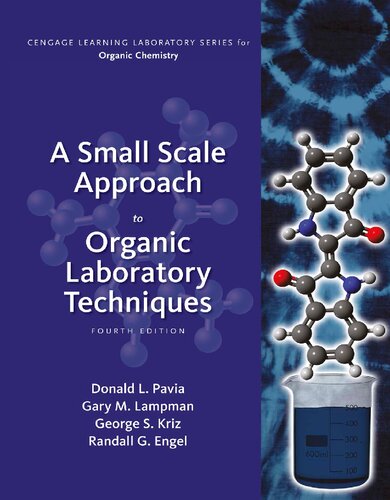

Most ebook files are in PDF format, so you can easily read them using various software such as Foxit Reader or directly on the Google Chrome browser.
Some ebook files are released by publishers in other formats such as .awz, .mobi, .epub, .fb2, etc. You may need to install specific software to read these formats on mobile/PC, such as Calibre.
Please read the tutorial at this link. https://ebooknice.com/page/post?id=faq
We offer FREE conversion to the popular formats you request; however, this may take some time. Therefore, right after payment, please email us, and we will try to provide the service as quickly as possible.
For some exceptional file formats or broken links (if any), please refrain from opening any disputes. Instead, email us first, and we will try to assist within a maximum of 6 hours.
EbookNice Team

Status:
Available5.0
6 reviewsNOTE: This book is a standalone book and will not include any access codes.
Featuring new experiments, a new essay, and new coverage of nanotechnology, this organic chemistry laboratory textbook offers a comprehensive treatment of laboratory techniques including small scale and some microscale methods that use standard-scale (\"macroscale\") glassware and equipment. The book is organized based on essays and topics of current interest and covers a large number of traditional organic reactions and syntheses, as well as experiments with a biological or health science focus. Seven introductory technique-based experiments, thirteen project-based experiments, and sections on green chemistry and biofuels spark students' interest and engage them in the learning process. Instructors may choose to offer Cengage Learning's optional Premium Website, which contains videos on basic organic laboratory techniques.